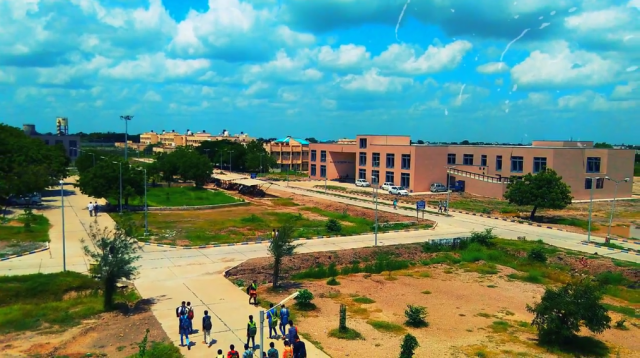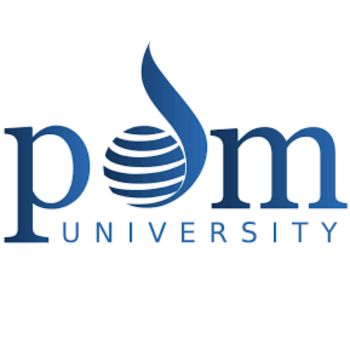I. K. Gujral Punjab Technical University’s Mohali Campus has established itself as a prominent destination for students seeking industry-aligned technical education in North India. With a focus on bridging academic learning and professional readiness, the university’s placement ecosystem reflects both regional opportunities and national industry trends. Below is an in-depth analysis of its placement dynamics, supported by verified data and contextual insights into India’s evolving technical education landscape. The campus demonstrates varied placement outcomes across disciplines, with engineering and architecture programs showing stronger industry engagement compared to management streams. The university prioritises hands-on learning through internships and project-based curricula, which align with the skill demands of modern employers.
IKGTU Placement Overview
IKGTU Placement Analysis
The I.K. Gujral Punjab Technical University (IKGPTU) Mohali Campus has consistently maintained a strong placement record, reflecting its commitment to industry-oriented education and skill development. In 2024, the university achieved a placement rate of 70–90%, indicating that a majority of eligible students successfully secured job offers from reputed companies. This demonstrates IKGPTU’s ability to prepare students for diverse career opportunities across technical, management, and industrial sectors.
In terms of salary packages, IKGPTU students have access to highly competitive compensation. The highest package offered in 2024 was INR 43 LPA, showcasing opportunities in high-paying multinational and technology-driven roles. The average package of INR 4.2 LPA reflects the steady placement support and the consistent employability of students across different programs.
The university attracts top recruiters from various sectors, including Wipro, Oracle, TCS, Godrej, HDFC, and Infosys. IT and software development roles are prominent for B.Tech graduates, particularly in CSE and AI & ML. Management and finance opportunities are available for BBA students, while lateral-entry B.Tech and technical graduates often secure positions in industrial and manufacturing companies. This diversity ensures that students from all programs have access to suitable career pathways.
IKGTU Key Recruiters and Industry Partnerships
The campus maintains partnerships with 120+ organisations across sectors:
- IT/Software: TCS, Infosys, Wipro
- Core Engineering: L&T, HCC, Gammon India
- Architecture: Vastu Shilpa Consultants, Townland Developers
- Government Initiatives: Smart City Mission, PMAY-U
- Emerging Sectors: IoT startups, renewable energy firms
These collaborations are strengthened through annual industry conclaves where companies provide direct feedback on curriculum updates.
IKGTU Placement Support and Student Initiatives
The university’s placement cell operates a three-tier preparation model:
- Skill Development: Mandatory internships from the third year onward
- Technical Readiness: Domain-specific aptitude tests conducted bimonthly
Corporate Interface: Annual innovation expos showcasing student projects. Students are encouraged to lead placement preparation through peer learning groups and mock interview sessions. The active entrepreneurship cell has supported 12 student-led startups in the last two years, particularly in agritech and edtech domains.
Beyond Placements: Higher Studies and Entrepreneurship
Approximately 25% of graduates pursue higher education, with most opting for MTech programs at institutions like IIT Ropar and NIT Jalandhar. The university’s research incubation center provides guidance for GRE/IELTS preparation and research paper publication. Entrepreneurship initiatives benefit from Punjab’s startup policy, which offers seed funding of up to ₹25 lakh for student ventures. IK Gujral Punjab Technical University Mohali continues to evolve its placement strategies by integrating emerging technologies like AI and sustainable design into its curricula. While placement outcomes vary across disciplines, the institution’s focus on industry collaboration and student-driven skill development positions it as a strategic choice for learners aiming to balance academic rigor with professional readiness in India’s dynamic technical landscape.



